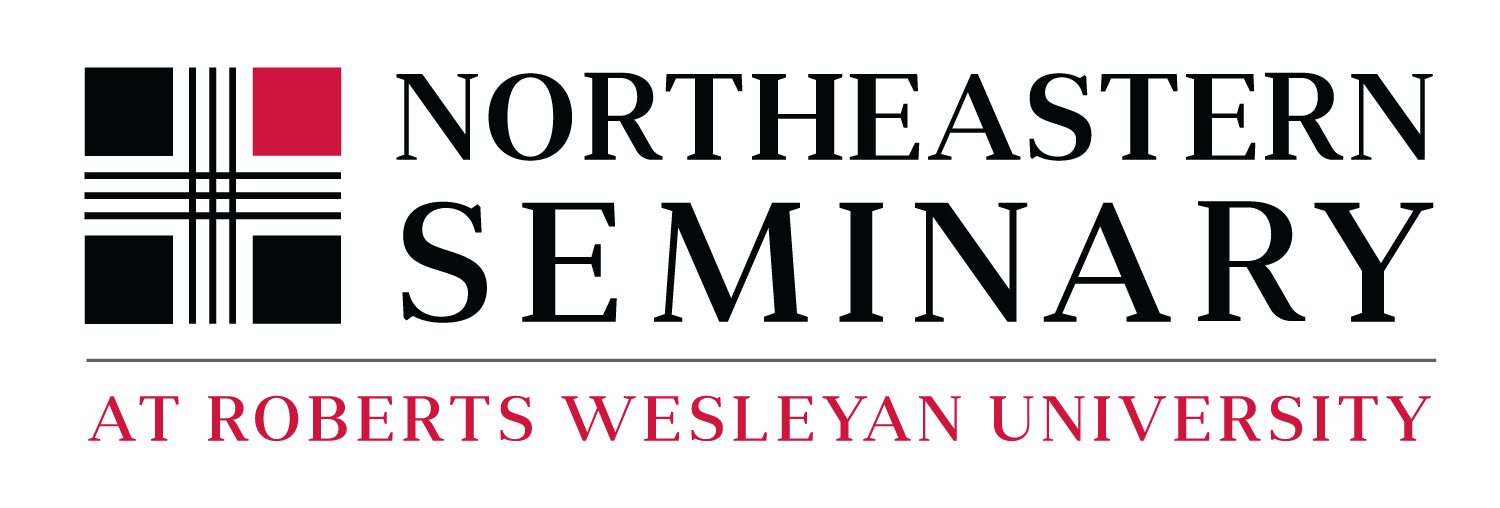If I ever have the opportunity to write an autobiography, I think a fitting title would be “Late-Deafened: Requires Explanation!” The hearing world typically (and often erroneously) assesses a person’s degree of hearing loss by the perceived quality of speech, and since I did not lose my hearing until after I had graduated from college, my speech did not significantly change. This has caused confusion and sometimes outright suspicion of my abilities to communicate. The Deaf Community expertly notices nuances in signed language and can easily tell that I learned visual communication as an adult; I am, therefore, not “Culturally Deaf.” Imagine for a moment that the only language you can speak fluently is French, but the only language you can receive with full comprehension is German. Welcome to my world! Losing my hearing as a young adult meant that I inhabited a marginal and frequently misunderstood place in whichever world I entered.
By the age of 30, I was completely deaf and determined it was time to get on with my life with my acquired disability. I was unsure what kind of graduate degree would lead to a meaningful vocation and also did not know what types of support I would need to return to school. So, I made an appointment with New York State’s Vocational and Educational Services for Individuals with Disabilities (now called ACCESS VR). As directed, I sent my college transcripts that showed I had been a serious and able student with accompanying medical documentation of my severe hearing loss. The follow-up appointment with the rehabilitation counselor was one of the watershed moments of my life. He took out my audiogram, a visual representation of my hearing loss, and stated, “You are much too deaf to ever work with hearing individuals. And from what I understand of the Deaf Community, they are closed to outsiders. Frankly, it would be difficult to find employment for you in the future, so we cannot support your continuing education.” And without further exploration of ideas or input from me or my husband, he stood to show us to the door.
Eventually, I challenged that determination and was assigned a different counselor with abundant creativity and experience working with hearing loss, allowing me to return to school and earn my Master of Social Work degree. I went on to work with both hearing individuals and the Deaf Community as a professional social worker and disability rights advocate/activist. A few years later I responded to God’s call to ministry and earned my master of divinity. from Northeastern Seminary, and became an ordained pastor serving a local church. I continue to love and interact with both the Deaf Community and the hearing world, but I will never forget the judgment of one person who could not imagine there was a “fit” for me in either!
That one disheartening experience has been key to who I have grown to be, how I perceive others and their needs, and the way I understand God’s activity in our lives. When I read the holy scriptures, I notice how God always is active on the margins with people that many will judge as “less” or “unable.” God uses those whom the world sees as weak to be strong in unexpected ways, and there is always an invitation to a place and a purpose in God’s kingdom: a “fit!” As a disability rights advocate, I often have met with limited vision or an unwillingness to provide accommodations that allow people with disabilities full access to goods, services, or life-fulfilling activities. Requested accommodations have too frequently been viewed through lenses of cost and effort, making them seem like unreasonable demands or undue burdens.
Thankfully God works differently: actively accommodating to our needs and human condition, and not doing so grudgingly, but with grace and love that confers respect and care to us! God meets us at the margins to invite us into participation with the divine plan of redemption and abundant life in Christ. How wide is the mercy of God!
During my life I have experienced every level of hearing known to humankind: fully hearing, hard of hearing, totally late-deafened, and now wearing a cochlear implant that allows me some restored auditory capacity and makes speech-reading much less laborious. Interactions with others have sometimes been challenging depending on the setting and openness to my needs, but God is never hindered in communicating, and the message is one for all people: there is a “fit” for you!

About the author
Barb Isaman-Bushart
Barb has served on the pastoral team at Community of the Savior in Rochester, NY since her ordination and conference appointment by the Free Methodist Church USA in May 2011. Barb holds degrees from Houghton College (B.S. in Psychology), Roberts Wesleyan College (MSW), and Northeastern Seminary (M.Div.). Barb has served the greater Rochester community as a professional social worker, disability rights activist, and educator in community and human services (Roberts Wesleyan and SUNY Empire State College), and she brings these passions to all she does. As a late-deafened adult herself, she understands first-hand the need for greater openness for those living with disabilities of all types and is committed to raising awareness of needs and improving accessibility for all.